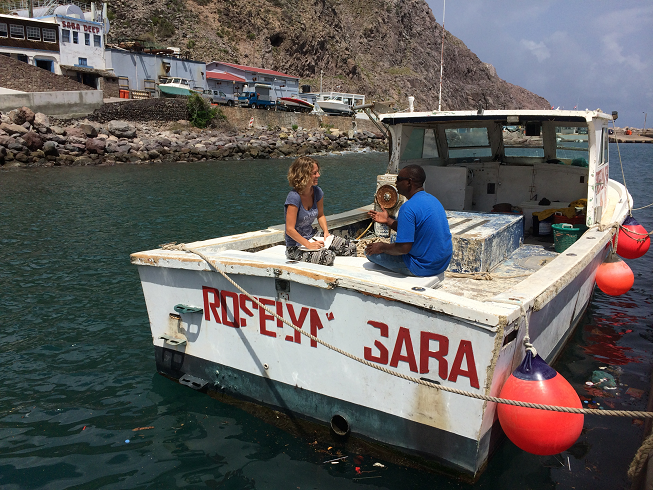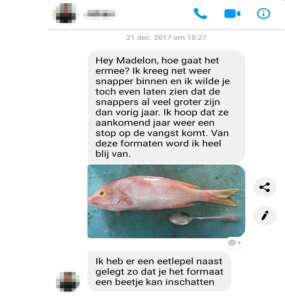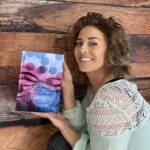Save our Sharks was a project of the Dutch Caribbean Nature Alliance, in collaboration with the Dutch Raad van Staate and local nature organizations, focused on the ABC and SSS islands, to better protect sharks from extinction. SevenSenses conducted Participatory Action Research for this on the island of Saba, focusing on ways in which local stakeholders can work together to improve the health of the marine ecosystem and help protect sharks around the island of Saba from extinction.



